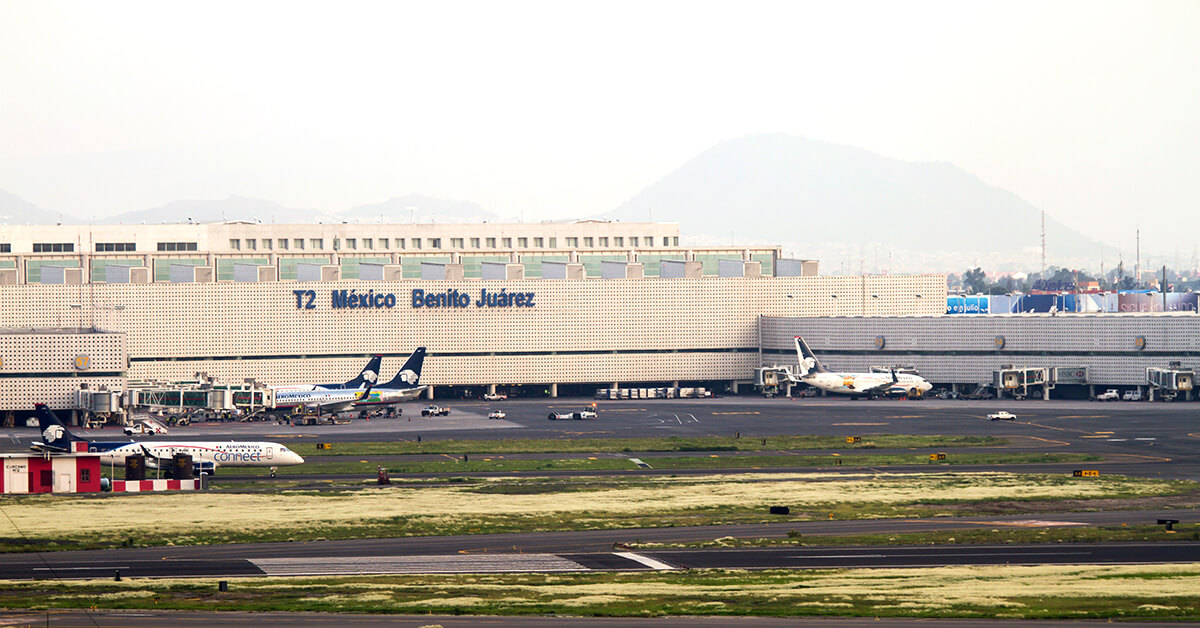
July 16, 2020
From stunning island vistas to busting centers of commerce, the vast region directly south of the United States offers plenty of reasons to visit. But operators looking to return without hefty fines will need to pay close attention to the details.
In the NBAA GO Virtual International Operators Conference 2020 (IOC2020) session, “Regional Review –The Caribbean, Mexico & Cuba” experienced flight planners offered insight into some recent regulatory changes that will impact your missions into Mexico and the Caribbean.
The next live IOC session, “Flight Planning Best Practices,” will be held this Thursday at 11:a.m (EDT).
More Oversight in Mexico
On Oct. 16, 2019, it was announced that Mexico’s Civil Aviation Authority would be replaced by a new agency – the Civil Aviation Federal Agency. While the new agency’s general function remains the same, Universal Weather and Aviation’s Senior Manager of Trip Support Services Alberto Rosales said one immediate effect he’s noticed is an increase in enforcement of existing regulations.
He highlighted NOM-008-SCT3-2002 as an example, which states that aircraft operating as Part 135 must have the following equipment onboard and listed on their MEL:
- ELT – Emergency Locator
- XPDR – Transponder
- FDR – Flight Data Recorder
- CVR – Cockpit Voice Recorder
- ACAS/TCAS II – Airborne Collision Avoidance System/Traffic Alert and Collision System
- GPWS – Ground Proximity Warning System
“This regulation was implemented in the 90s, but it hasn’t been enforced until now,” Rosales noted. He also advised operators to be well-versed on the impact of increased random ramp inspections for foreign aircraft visiting Mexico, which impact both Part 91 and Part 135 operations.
Avoid the Pain in Cuba
Fluidity is the only constant in U.S. regulations for flying to Cuba. With enforcement penalties of up to $250,000 per leg, and a five-year statute of limitations for violations, it’s critical to be painstaking in your preparation and recordkeeping.
“Cuba is still a comprehensively sanctioned country, so the U.S. government cares [about these things],” said Kathlynn Self, vice president, chief compliance officer and data protection officer with Universal Weather and Aviation.
One recent policy change has streamlined missions to Cuba. Self explained that the portal airport policy that restricted inbound flights to 19 airports has been discontinued.
“You can fly directly to Cuba from any U.S. airport and return to any designated airport on the Southern U.S. border, or exercise your southern border overflight exemption to fly further north within the U.S. to an airport of entry that has customs services,” she said.
The frequently shifting regulatory climate also has negative impacts. Though use of credit cards and U.S. dollars is permitted within Cuba, banks often find it’s not worth the hassle.
“Many U.S. banks, out of an abundance of caution and not to get in the ever-changing regulatory crossfire, have decided to deny use of their credit cards in Cuba,” said Self, adding that cash payments could also be blocked or delayed for weeks for processing.
Learn more about upcoming Virtual IOC2020 sessions and register today.


 International Business Aviation Council Ltd.
International Business Aviation Council Ltd.